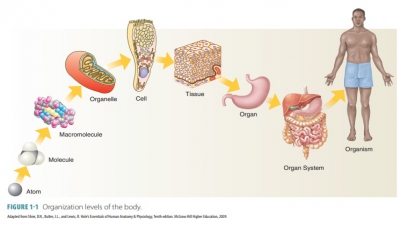Genome Research and Pharmacovigilance
| Home | | Pharmacovigilance |Chapter: Pharmacovigilance: Keynote Clinical Lessons from Pharmacovigilance
The large pharmacovigilance databases have been, and will continue to be, remarkably useful in focus-ing on safety issues of individual drugs or families of drugs.
GENOME RESEARCH AND
PHARMACOVIGILANCE
The
large pharmacovigilance databases have been, and will continue to be,
remarkably useful in focus-ing on safety issues of individual drugs or families
of drugs. Nonetheless, in the foreseeable future this will not be sufficient on
its own to justify their expansion and increasingly widespread use. Some have
been in existence for over 10 years and hence have capabil-ity of detecting
drug-induced neoplasias, which could remain undetected in those exposed to
long-term ther-apies using other techniques. The only significant area in which
this seems to have occurred to date, apart from very rare tumours in users of
regular hormone therapies, is with the long-term immunosuppressed patients.
This is good news insofar as it goes. The power of the databases to recognise
tumour forma-tion in long-term recipients of individual medicines or classes of
medicines would be greatly enhanced were they to include a sizeable
sub-population for whom genetic footprints were known. Such an advance is now
coming within our grasp. Whilst a number of groups are looking at setting up
new surveillance systems to include genetic profiles in the informa-tion they
capture, the real prizes are likely to be won by grafting this additional
information on to existing large data sets in which long-term studies have
already been undertaken. The pay-off from this research is likely to be not
only a greater understanding of the links between the genome and adverse drug
events, but also a better understanding of tumour genesis in the population at
large. Were these issues to be clarified, it is theoretically possible that a
proportion of susceptible individuals could be advised to avoid certain drugs
before they have ever been exposed to them. One suspects this will take several
decades to achieve, but it could have the overall benefit of reduc-ing
individual risks of adverse events and prolonging the useful life of those
drugs that have problems in a specific small sub-set of the population of
recipi-ents, but are otherwise acceptably safe and of good reputation. Clearly,
such a development could only go ahead with the full approval of participating
individu-als. Nonetheless, it will also require societal debates if it is to
experience seamless progress to its desired end. Genome research not only has
significance for the population, but it also has important relevance to
indi-vidual participants. The legal implications of acquir-ing knowledge about
one’s genetic information cannot be ignored. It is not merely a matter for the
individual, but also a matter for the entire family involved. The consequences
for individuals seeking life insurance, a mortgage, paying maintenance together
with numer-ous other life-decisions with long-term consequences are potentially
enormous and must be considered care-fully before we embark on such monitoring projects.

